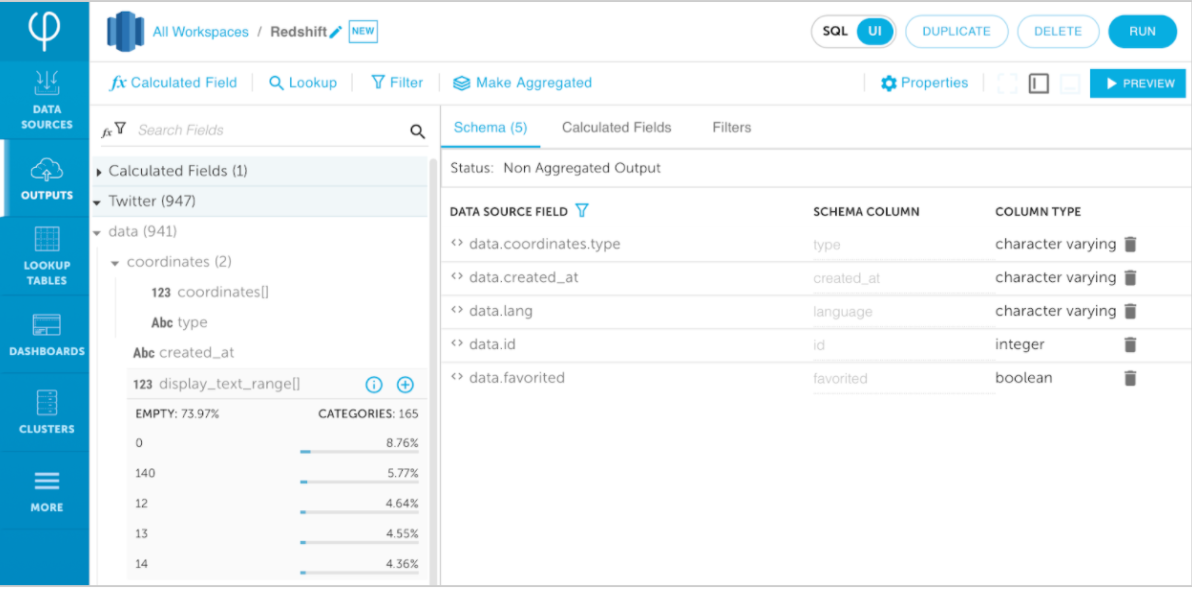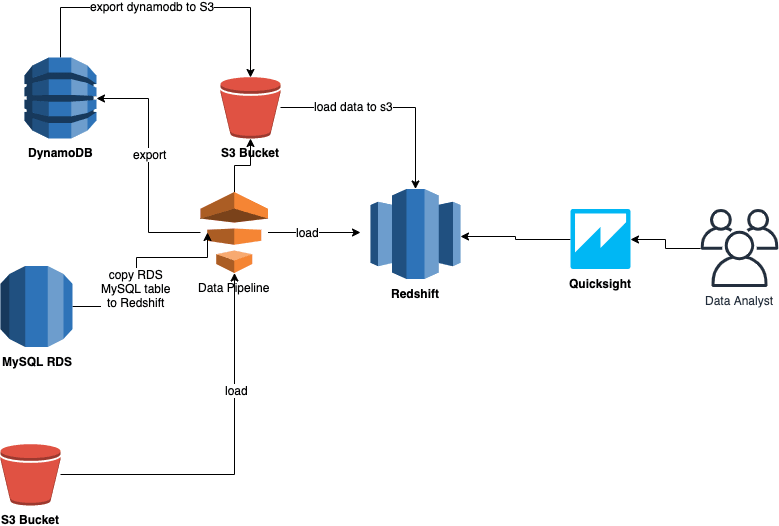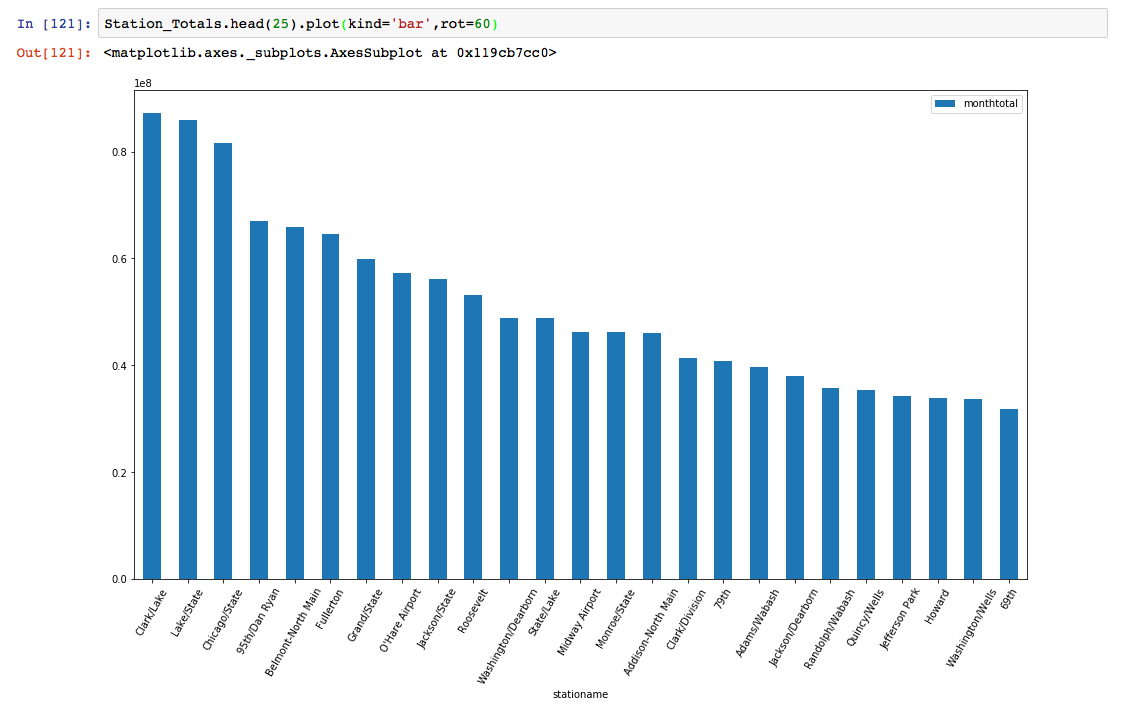

Learn end-to-end Salesforce concepts through the Salesforce Course in Hyderabad to take your career to a whole new level! Different Salesforce Field Types Depending on the Data Types and their Transformation Data Types. URL values usually, client applications should display these as hyperlinks

Picklist includes a set of enumerated values from which one value can be selectedĬross-references to a different object analogous to a foreign key field in SQLĪ string that is displayed as a multi-line text field Phone numbers values can include alphabetic characters client applications are responsible for phone number formatting Multi-select picklist includes a set of enumerated values from which multiple values can be selected When records are merged, the ID of the record that is saved (the other records are deleted) Reference to a data category group or a category unique nameĪn encrypted text field that contains any combination of letters/numbers/symbols stored in an encrypted form you can set up a maximum length of up to 175 characters available in API versions 11.0 and laterĪ string array of referenced ID values representing the many-to-many relationship of an underlying junction entity you have to query and manipulate the string array to query and manipulate the underlying junction entities in a single API callĪ compound data type that contains latitude and longitude values for geolocation fields Sub-blocks can’t change the name of a variable that has already been used in a parent block, although parallel blocks may.Ī compound data type that contains address field dataĪ polymorphic data type that returns a string, picklist, reference, Boolean, currency, int, double, percent, ID, date, DateTime, URL, or email data depending on the kind of field involvedĪ Combobox, which includes a set of enumerated values and allows the user to specify a value, not on the list Variables can be declared at any point in a block and then take on the scope from there.Any variable specified with a primitive type can also be set to null. In its simplest form, null denotes the lack of a value. If you declare a variable but don’t assign a value to it, it will be null.The syntax for declaring local variables, defining and initializing the multiple variables in a single line, is similar to that of Java.Learn more about string data type from our blog on Apex String class now. There are different kinds of data types depending on conditions. Objects built with Apex classes provided by the system.Objects made from Apex classes defined by the user.

An enumeration is a typed list of values.A primitive-to-primitive map, sObject, or collection.



 0 kommentar(er)
0 kommentar(er)
